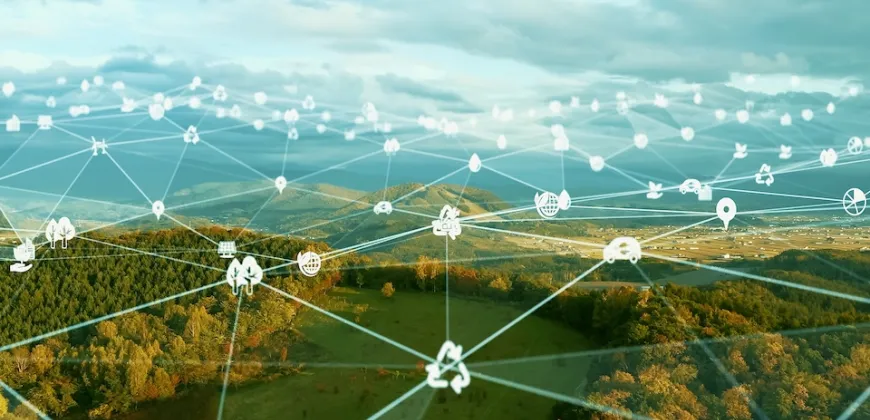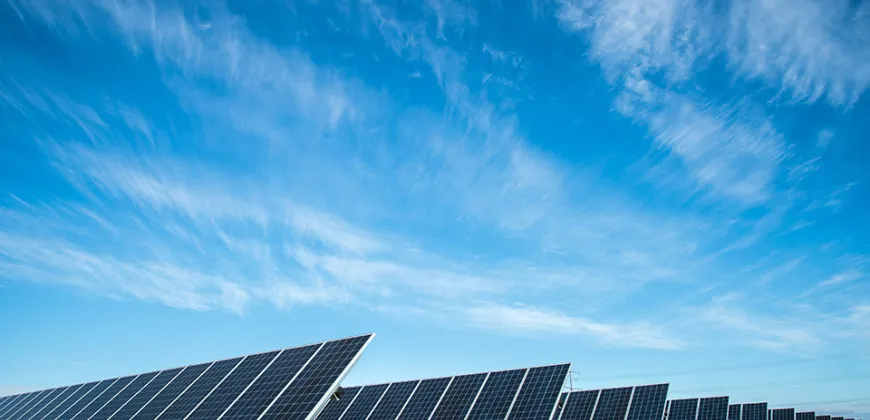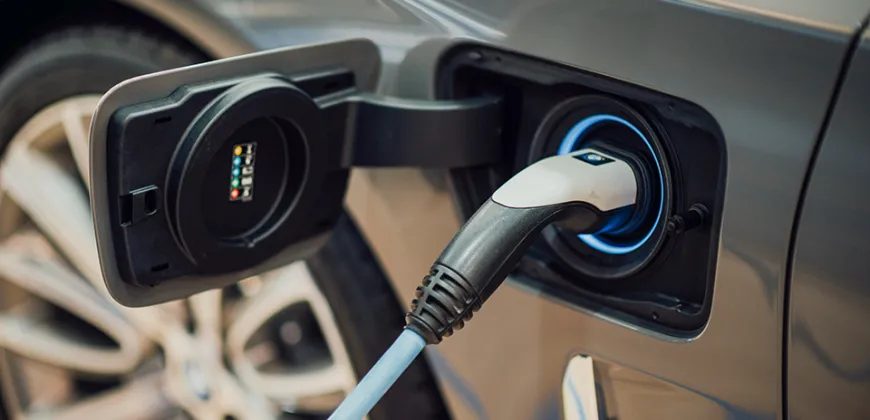Green Energy for Remote B.C. Communities

As a Sustainability Research Scholar, Victoria Ibrahim developed guidelines for remote communities to help them reduce their greenhouse gas emissions.
What brought you to the MEL in Clean Energy Engineering?
After completing my undergraduate degree in electrical engineering from the University of Plymouth, I returned to Nigeria where I worked in the renewable energy space. I’ve worked across the value chain, from starting in a technical role where I supervised the installation of solar and energy-efficiency solutions, and then moving into a project management position overseeing the implementation of projects in northern Nigeria and finally to a position in business development.
I’d always been interested in pursuing an MBA, but I was concerned that the degree would not be relevant to my clean energy interests and goals.
The MEL in Clean Energy Engineering was appealing to me because of its mix of technical and business aspects.
Why did you decide to apply for the Sustainability Scholars Program?
Before I started the MEL, I reached out to alumni for advice and many said I should look into the Sustainability Scholars Program. I submitted my application and was accepted to work with the Community Clean Energy Branch of the BC Ministry of Energy, Mines and Low-Carbon Innovation. I saw this as a valuable way to gain experience and grow my network.
What was the focus of your research?
I was asked to identify clean energy capacity-building opportunities for remote communities in B.C. In some ways, this project was similar to work I had done in northern Nigeria when installing solar energy systems in remote areas, where I developed training so local people could learn how to operate and manage the systems.
In addition to conducting research and reviewing work that has already been done in this area, I spoke with 13 industry professionals, as well as representatives of seven First Nations communities. This enabled me to identify gaps and opportunities, which I then used as the basis for my recommendations.
Building capacity means a lot of things in addition to education and training. It encompasses everything from the generation side to the demand side, and there are many opportunities to make a difference and help communities reach their carbon reduction targets.
Tell us about your capstone project.
MEL in Clean Energy Engineering students must complete a capstone in their final semester. I’m working with WSP to develop a framework for sustainable transportation for roadways in Canada. I’m connecting directly with fleet managers, government transportation representatives and manufacturers to evaluate vehicles across all categories., with a focus on hydrogen and battery electric vehicles.
The framework incorporates efficiency, cost, scalability and environmental impact and can be used by stakeholders to make better decisions when selecting transportation technologies.
It’s been an interesting project as it has deepened my understanding of the huge potential for hydrogen to support the decarbonization of the transportation sector.
Has the MEL helped you gain new business and leadership skills?
The business courses have been very useful and I’ve learned a lot. The Strategy and Innovation course has helped me advance my knowledge of strategy development and how to respond to business problems. I’m very passionate about sustainability, and the Sustainability and Leadership course has given me new tools to work in this area.
The business courses have also helped me gain new leadership insights. For those of us with engineering backgrounds, solving technical problems is often quite straightforward.
The business courses have helped me understand how to create environments and work cultures that bring out the best in people. Leading a technical team can be a challenge, and you need a lot of different skills to do so successfully.
Advice for other students?
The MEL is a lot of work and you have to be prepared for that. But it’s worth it if you have a drive to learn and grow.





